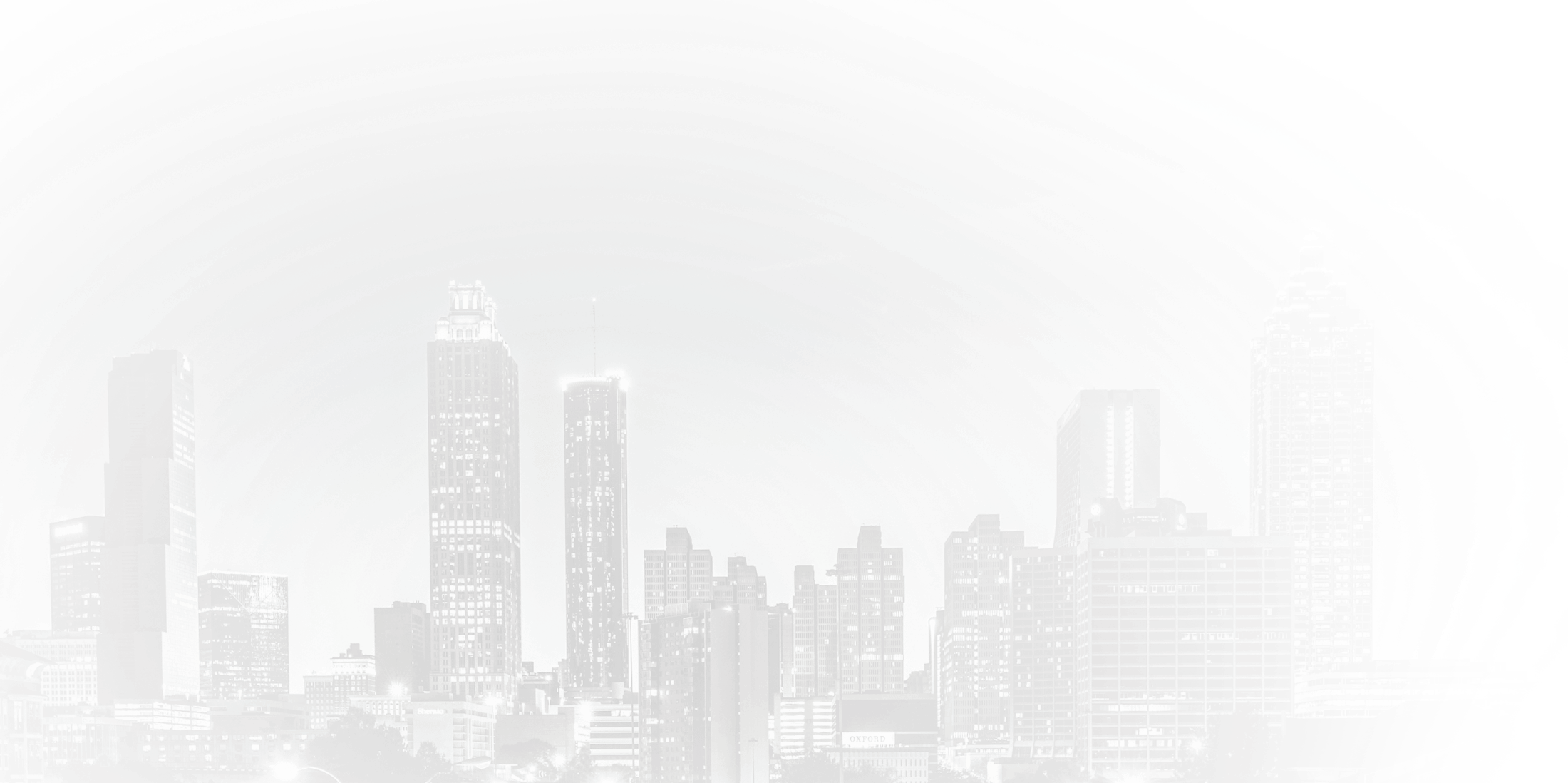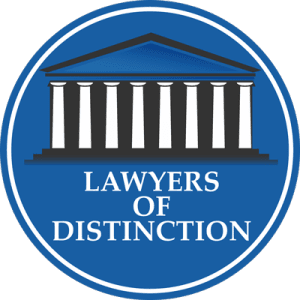What Are Catastrophic Injuries?
A catastrophic injury is any physical injury or illness that is extremely serious or has life-altering consequences. In most cases, a catastrophic injury requires extended medical treatment, resulting in the patient missing time from work. The treatment can be expensive because it may require surgery, post-operative care, rehabilitation, long-term medication, and other types of medical care. The impact of a catastrophic injury can be challenging physically, emotionally, and financially. A catastrophic injury attorney in Atlanta at Turnbull, Moak & Pendergrass can help you explore your options for compensation. We treat every case like it’s our first and know every client by name. You can trust our reliable team to fight diligently on your behalf, no matter the type of injury you sustained. Here are some of the most common catastrophic injuries:
Severe burns
Burn injuries are considered catastrophic if they damage cells under the skin layer, such as the fat tissues, muscles, or bone. This is referred to as a third-degree burn. Second-degree burns can also be considered catastrophic injuries if the affected area is large or causes some type of permanent disability or impairment in quality of life.
Disfiguring injuries
Disfiguring injuries are injuries that cause permanent changes to the appearance of the person. These types of serious injuries could happen to any part of the body. Disfigurements not only cause physical challenges, but they can also impact the victim’s mental well-being, particularly their self-esteem.
The spinal cord is one of the most sensitive areas of the body. Injuries to the spine can lead to life-altering conditions, such as muscle weakness, paraplegia, quadriplegia, bowel dysfunction, loss of sensation in the limbs, sexual dysfunction, and chronic pain.
Amputations
Amputation injuries result in the partial or full loss of a limb. While the victim can use prosthetics to help improve functionality and appearance, amputations still pose some serious challenges in daily life.
A traumatic brain injury (TBI) is one of the most common catastrophic injuries, as it can result in permanent loss of total or partial brain function. Symptoms of catastrophic brain injuries include loss of consciousness, seizures, severe headaches, memory loss, impairment of motor skills, and comas. While a TBI is most common when the head hits an object, it can also result from a sudden and forceful jolt to the head. Minor TBIs, such as concussions, might not be catastrophic injuries, but they can develop into them if there are complications. If you’ve experienced complications from a TBI, contact a catastrophic injury lawyer in Atlanta.
















